NHTSA Issues New Rules for Autonomous Cars to Skip Some Safety Standards
【Summary】To bring autonomous vehicles to market quicker, the NHTSA has updated its rules to allow self-driving vehicles to skip specific federal crash safety requirements. The new rules only pertain to vehicles that won’t carry people.
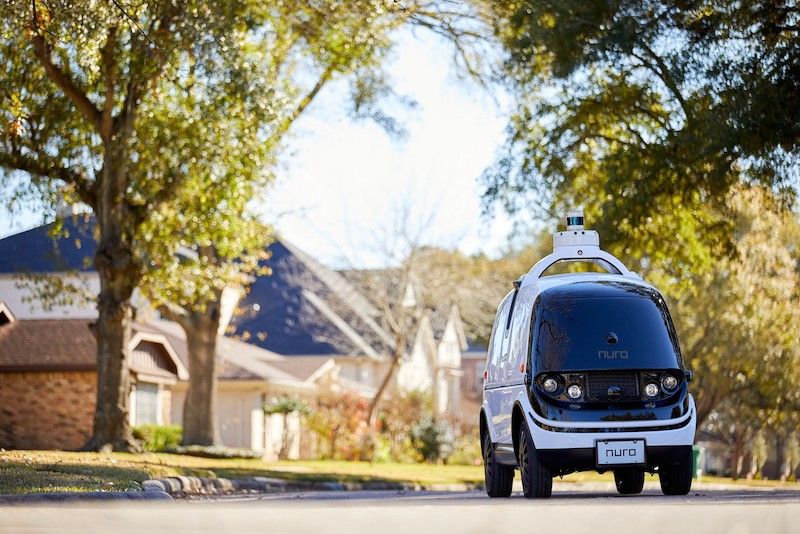
Autonomous vehicles aren't on the road for public consumers to purchase yet, but some companies have self-driving cars that are being used for taxi services in certain cities. A few companies are looking into autonomous vehicles that don't involve ferrying people, but food, packages, and other objects. Apparently, the Trump Administration and the NHTSA believe that autonomous vehicles that carry food, packages, or items that aren't people should be able to skip a few federal crash safety requirements.
Giving Automakers Freedom
Allowing manufacturers to skip a few crash safety requirements will give them more leeway to design autonomous vehicles any way they'd like. Since autonomous vehicles can drive themselves, they don't need steering wheels or pedals. Changing a few safety requirements opens the door for more unique designs and more freedom. On the face of things, it makes sense. Why would autonomous vehicles have to meet safety requirements for steering wheels and pedals when they wouldn't have them?
The new rules will also help automakers save money. The NHTSA estimates that the rule changes would save automakers and consumers roughly $5.8 billion in 2050. It will also help automakers get self-driving cars to market quicker.
"With more than 90 percent of serious crashes caused by driver error, it's vital that we remove unnecessary barriers to technology that could help save lives," said NHTSA Deputy Administrator James Owens in a statement to The Detroit News. "We do not want regulations enacted long before the development of automated technologies to present an unintended and unnecessary barrier to innovation and improved vehicle safety."
This is the first real step the NHTSA has taken to help autonomous vehicles along. While autonomous vehicles may not be on sale, nearly every automaker is looking into self-driving technology and the vehicles are expected to make up a large portion of the auto industry in the next few decades. The rule is also probably the first of many that the NHTSA will make to help speed the introduction of self-driving cars.
The NHTSA noted that it hasn't changed any requirements to warning signals, vehicle-to-vehicle compatibility, or unusual seating arrangements. These aspects of autonomous vehicles are being researched. So, we're likely to see some new rules very soon.
Is It Good Or Bad?
Some people are split on whether the rule change is a good thing. Ariel Wolf, counsel to the Self-Driving Coalition, told the outlet that the rule is a "very exciting" and "highly significant" development in safety rules for autonomous cars. The Coalition includes various automakers and companies that include Ford, Waymo, Uber, and Lyft. "It took a lot of work on the part of NHTSA and we hope it's the first of several rulemakings that are forthcoming," said Wolf.
The Alliance for Automotive Innovation, which is a group that represents major automakers in the U.S., said that it "applauds NHTSA's continued work to remove barriers to advanced technologies and safety systems" in a statement to The Detroit News.
On the other hand, safety advocates aren't too sure about the new rules. As the outlet points out, safety advocates claim that autonomous cars need special rules that are aimed at protecting consumers, as well as special exemptions from regulations compared to regular cars.
"NHTSA's insistence of enabling the fast deployment of self-driving vehicles by amending rules written for cars with drivers, instead of recognizing the unique characteristics of autonomous technology, may be the fastest way to authorize the deployment of autonomous vehicles but it is not a consumer safety driven approach," said Jason Levine, executive director of the Center for Auto Safety.
-

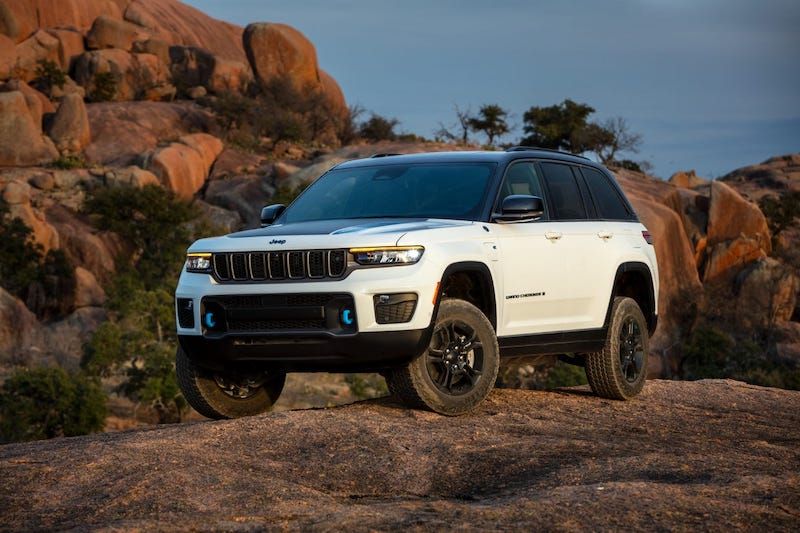
2023 Jeep Grand Cherokee Trailhawk Now PHEV Only
-

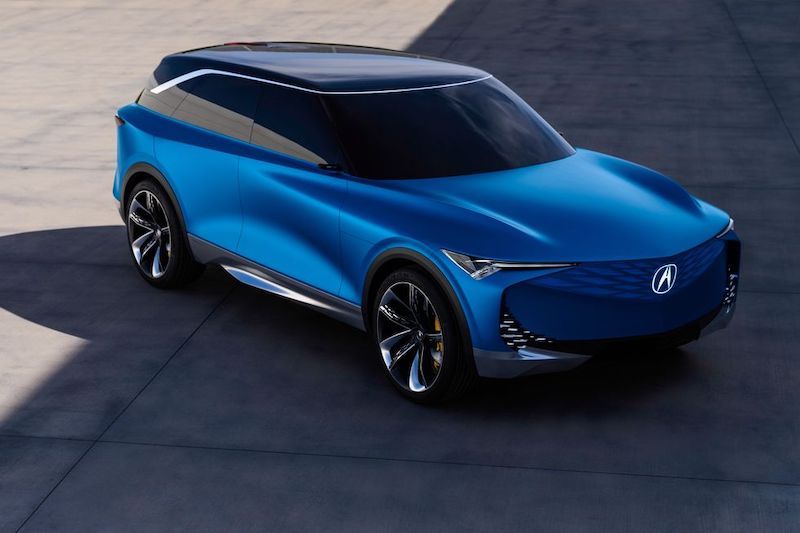
Acura Prevision EV Concept Previews Brand’s Electric Future
-


Hyundai Gets Serious About Electric Performance Cars, Shows off Two Concepts
-

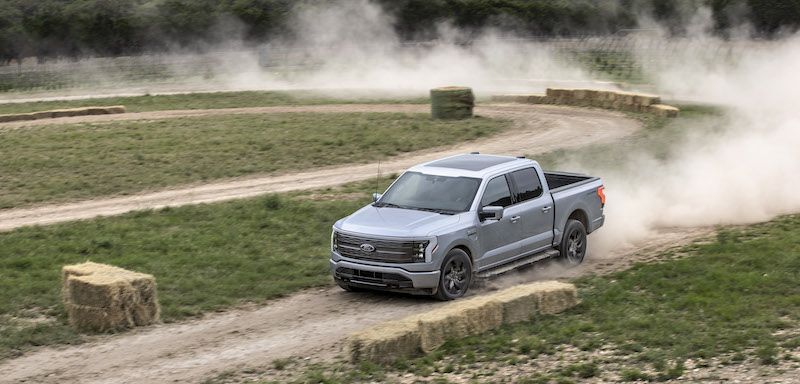
Ford Looks to Have 100% of EV Sales Be Online
-

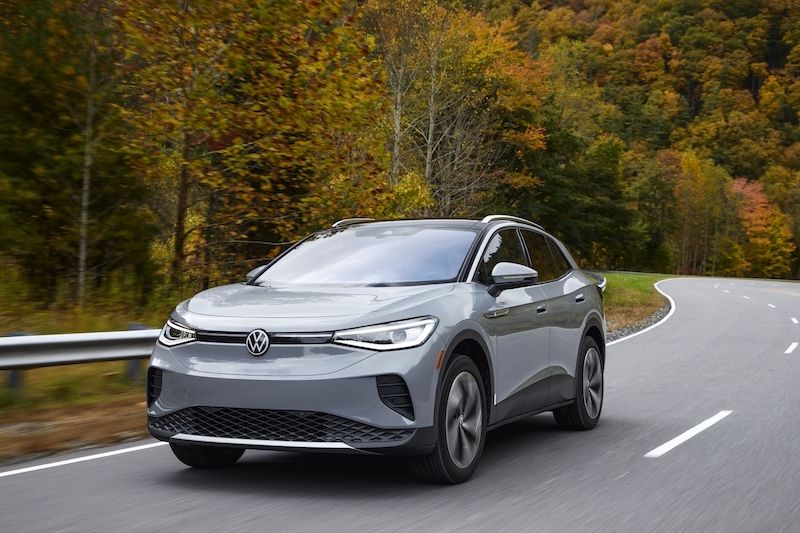
Volkswagen CEO Believes It Will Overtake Tesla in EV Sales by 2025
-

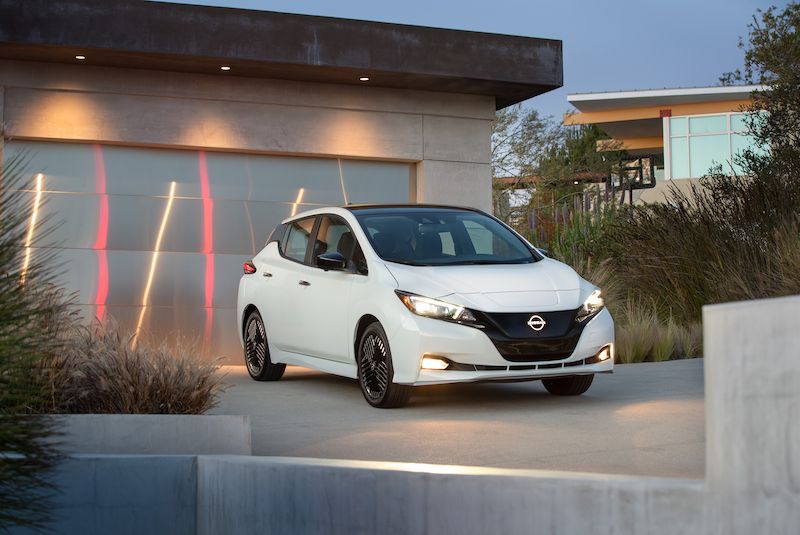
Report Claims Nissan Leaf Will Be Discontinued by 2025
-


Autonomous Vehicles Will Require Cities to Change Their Transportation Methods
-

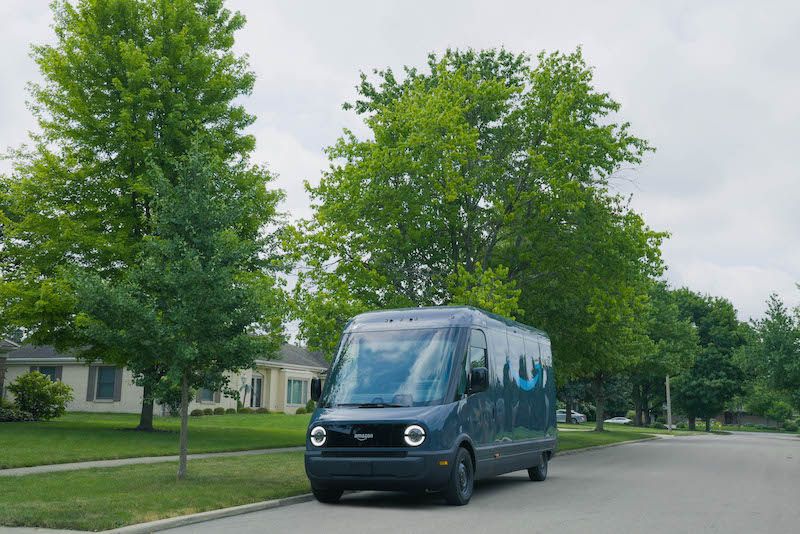
Rivian, Mercedes-Benz Partner to Produce Electric Commercial Vans
- Ford Motor Co Selects its Plant in Spain to Build 'Breakthrough' EVs for the European Market on a Next-Gen Architecture
- Baidu CEO Believes That SAE Level-4 Autonomous Driving Systems Will the First to Enter Commercial Use After L2, Skipping Over L3
- AI-Powered Computer Vision Perception Developer StradVision Closes on $88 Million Series C Funding Round
- Audi Rebrands its Premium Car Rental Service to ‘Audi on demand’
- BorgWarner Invests $500 Million in Wolfspeed Inc, a Developer of Semiconductors and Silicon Carbide Devices for Electric Vehicles
- The NIO ET7 Will Come Standard With an Advanced Dolby Atmos-Powered Sound System Co-Developed With Audio Pioneer Dirac
- Volvo Cars and Epic Games to Partner on a High-Resolution 3D Digital Driver’s Display Powered by the Unreal Engine
- EV Startup VinFast is Offering 3 Years of Free EV Charging and Advanced Driver Assist System for Customers That Reserve a Vehicle Through Sept 30
- Lucid’s New ‘Stealth Look’ Appearance Package for the Electric Air Sedan Compliments its High Performance DNA
- GM's New 'Plug And Charge' Feature Will Simplify the Charging Process For its Current & Future EVs











 About Us
About Us Contact Us
Contact Us Careers
Careers